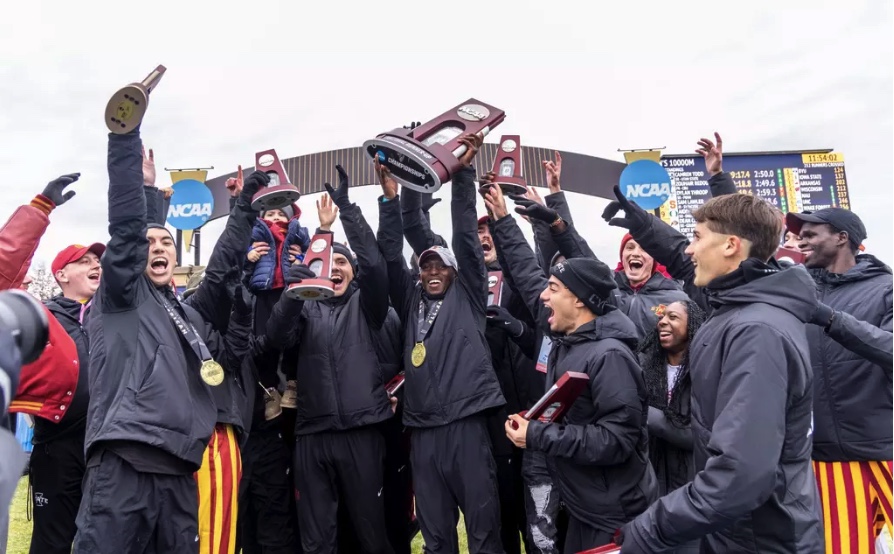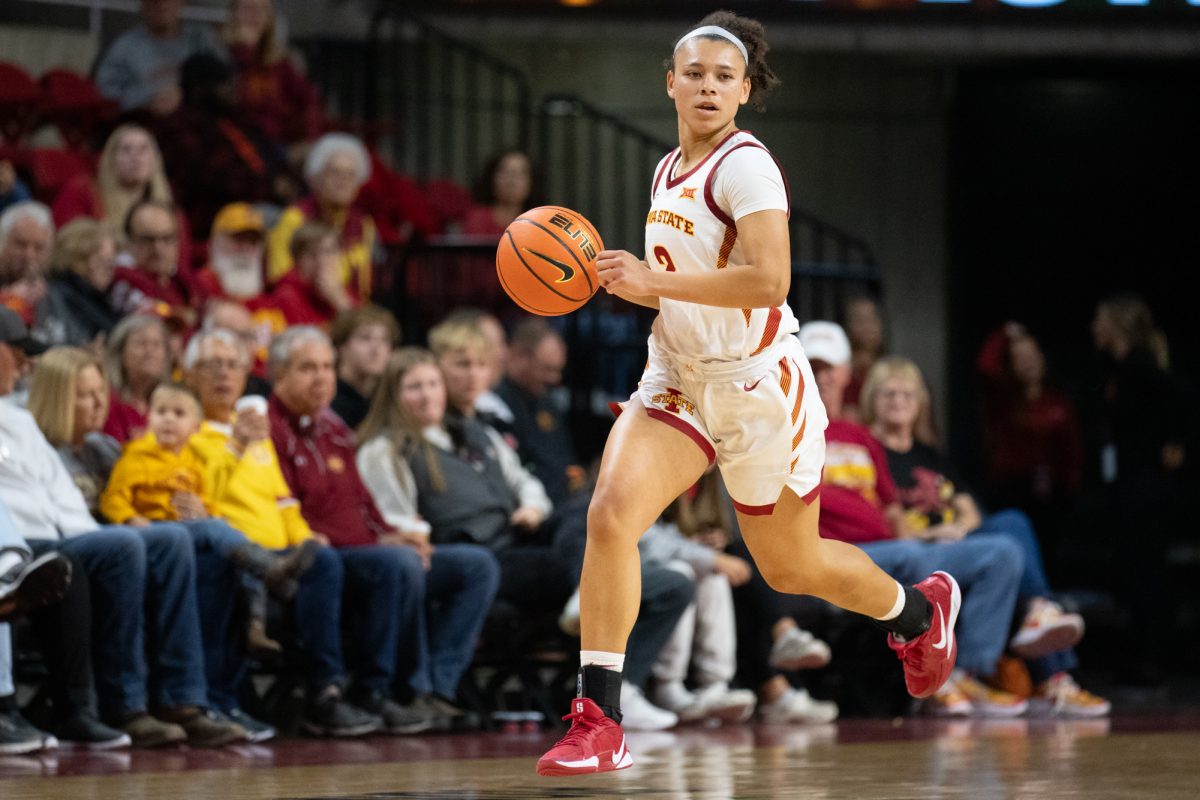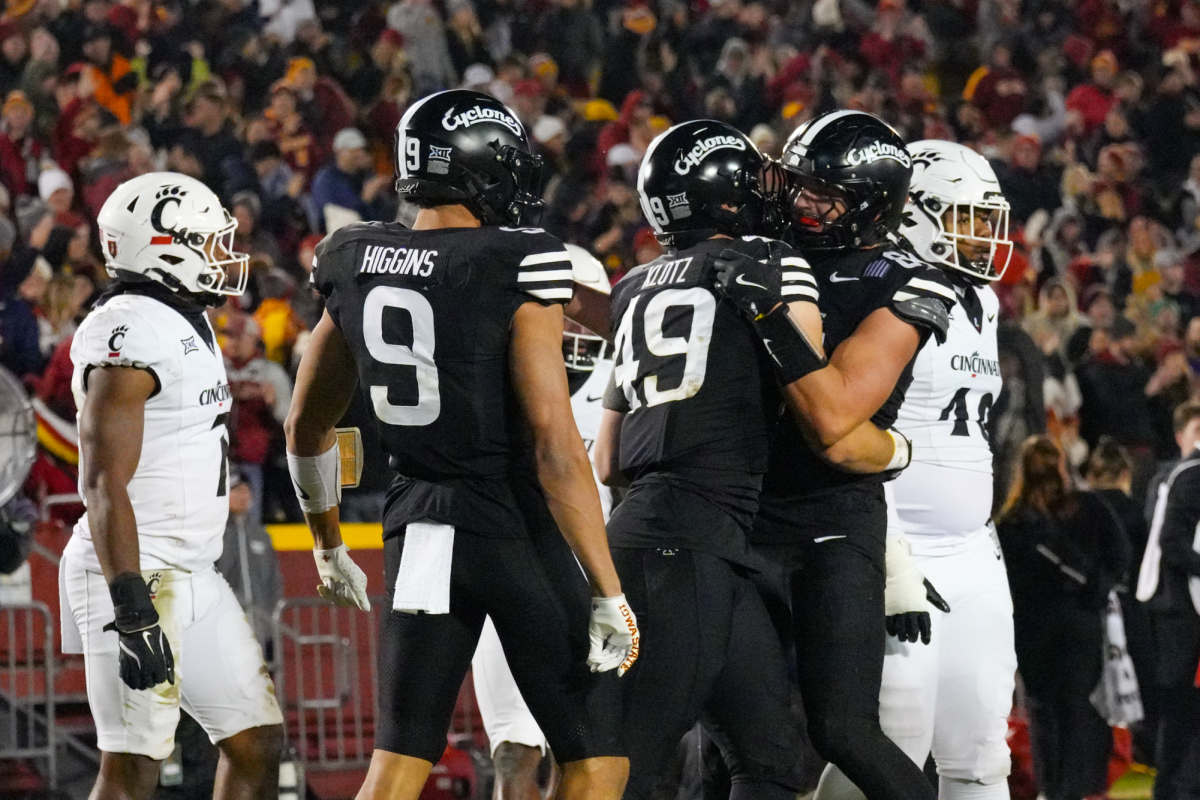Letter to the editor: Electoral reform
December 4, 2000
Electoral reform ALMOST passed in Iowa legislature 20 years ago.
When I was in high school a couple of decades ago in a small town in the middle of Iowa, I was the chairperson of Students for Electoral Reform, whose goal was to educate ourselves about the electoral college and then to educate the Iowa legislature about the need for electoral reform.
We met at the statehouse with our representative, who introduced a bill for us. It stated that Iowa’s electoral votes will be divided among the candidates according to which candidate won in each congressional district, with the remaining two votes going to the candidate who won the state’s popular vote. This system was devised by the late Sen. Mundt of South Dakota; Maine and Nebraska now use this system.
We felt that it was more likely that states would pass electoral reform, which only takes a bill, than for Congress to do so, which requires a constitutional amendment. We were against direct popular vote, because in a very close election, contested votes would be nation-wide, which could stall the confirmation of a winner for many months in court. With the proposed electoral reform, only those congressional districts where the vote was extremely close would have recounts.
While in Des Moines, we were able to get the signatures of most legislators as co-sponsors of both this bill and an identical bill in the Senate.
Our bill was attached with other bills in the House into an elections reform bill. It passed! Our little high school political group went back to the Iowa Capitol and registered as lobbyists, meeting with almost all of the senators. In talking to the governor at his invitation, he had concern that if Iowa alone were to do this, it would weaken Iowa’s political power. We discussed with him that the bill provided that if neighboring states did not also pass a similar bill, Iowa could revert to the original electoral way, thus avoiding a possible weakening of Iowa’s power among Midwestern states. We left predicting that the Republican governor would veto the bill for change if it reached his desk.
After the elections reform bill reached the Senate, it lost by three votes. If two senators who voted “no” would have changed their votes to “yes,” electoral reform in Iowa would have passed by one vote.
The only item in the bill I would now change would be dividing the remaining two electoral votes of the state to the two highest vote-getting candidates; if the highest vote-getting candidate received at least 33 percent more votes than the next highest, both electoral votes would go to the highest candidate. If contested votes were extremely rare and easy to resolve, such as if 80 percent or more of votes were cast online, then I would be for direct popular vote elections.
Maybe now in 2000, Congress will be more apt to amend the Constitution for electoral reform, which will make it much more unlikely that a president will be elected without a plurality of votes. It’s past time to change the “winner-take-all” system.
It is not just wishful thinking but objective analysis that I predict that enough Florida counties will end up counting disputed votes to make Al Gore the clear winner.
John Gelhaus
Alumnus
Iowa City






